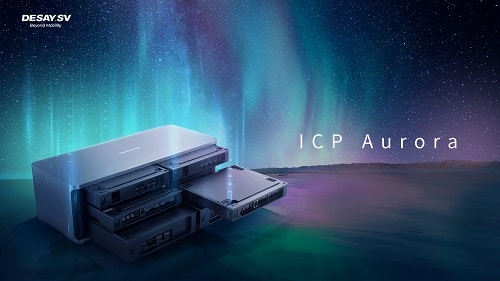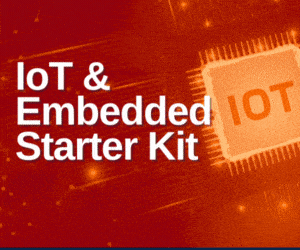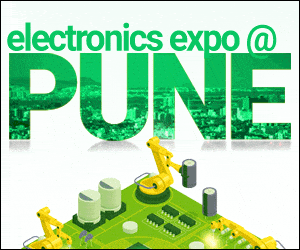Desay SV has announced the release of its first-generation Intelligent Computing Platform (ICP) named Aurora. Aurora is said to be the world’s first mass-producible ICP in the automotive electronics industry. The product comes in a small package and can help in reducing the carbon emission in automobiles.

Electronic Control Units (ECUs) are responsible for controlling different parameters and systems of an automobile. The newer smart cars may contain more than100s of ECUs which all make an independent decision and might run on different operating systems and application software to achieve different functionality.
An Intelligent Computing Platform is based on the concept of central computing that realizes the central integrated control of computerized functions through the flexible combination of modular pluggable hardware and software configuration. With automobiles getting smarter and with the advent of “software-defined” vehicles, higher energy efficiency, upgradeable software/hardware, and compatible standardizations, intelligent and centralized computing will be the future direction for smart vehicle electrical architecture – giving rise to the use of ICPs in the automotive industry.
According to the company, the ICPs have multiple advantages that include highly scalable computing power improvement, function configuration, and experience upgrades. To balance computing and storage, the ICPs use specific technologies to alleviate the memory access wall problem, it also uses a streaming structure to allow data flow to be processed and at the same time reduce memory access, energy transfer, and loss.
The company claims that the Aurora meets Automotive Safety Integrity Level D (ASIL D ), which is the highest level for Functional Safety for Road Vehicles standards. Furthermore, it has been designed to reduce carbon footprint and comes in a small package which is only half of that of a single domain controller with the same computing power. Moreover, it reduces energy consumption by about 42% and carbon emissions by about 62% when compared with other domain controllers.








